Perspectives on Polygamy in Post-Reform Indonesia
by Silkworm BooksWenty Marina Minza
Polygamy emerged as a political issue in Indonesia following the 1998 reformation that ushered in a period of social change. This period has been characterized by challenges to established institutions and values, particularly from diverse social groups and individuals who have strong views on the practice of polygamy. Various groups emerged in an effort to gain influence within an unstable society, and the issue of polygamy was part of this social foment.
Based on research conducted in Yogyakarta, this study identifies and describes the dynamics and causes that have contributed to the increasingly complex debate on polygamy in Indonesia among women’s rights activists, state elites, religious leaders, and supporters of shariah.
It also elucidates the Indonesian government’s views on polygamy, from the New Order through the reform period that followed, and examines how government policies have affected the polygamy debate.
About the Author
is a researcher at the Center for Population and Policy Studies Gadjah Mada University, Yogyakarta, where she is also on the academic staff in the Faculty of Psychology.
Keywords
Indonesia | polygamy | Reformasi movement | religious expression | women's studies | Islamic studies
Highlights
- Fresh perspective by a young Muslim scholar on the controversial issue of polygamy in the Indonesian context
- Identifies the social reasons that have made polygamy a political issue in Indonesia at this time
- Provides insightful analysis of the government’s role in the polygamy debate and offers policy recommendations

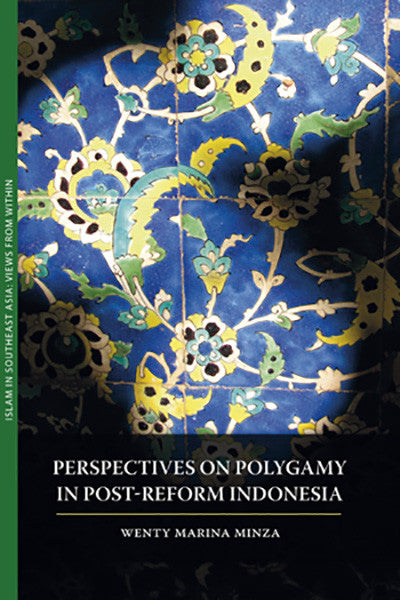
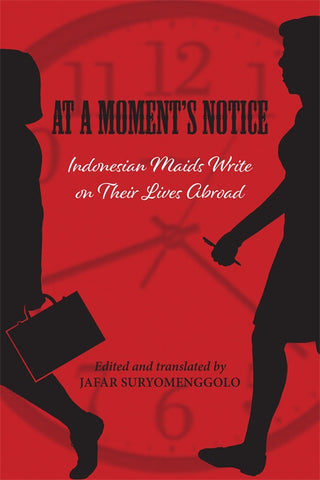
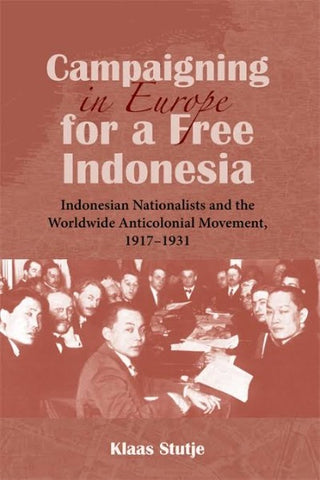
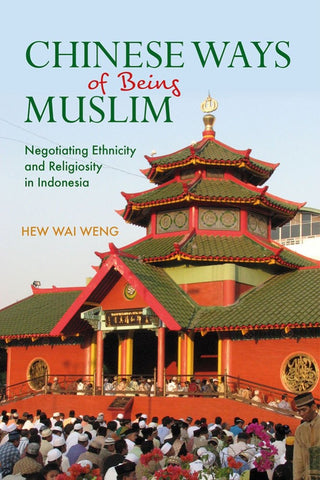
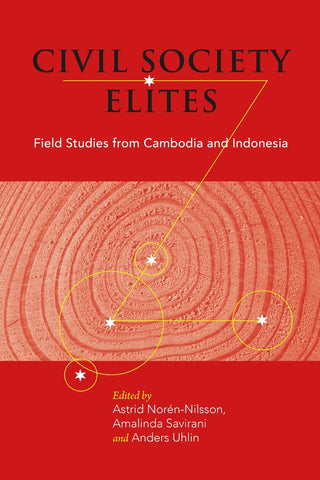
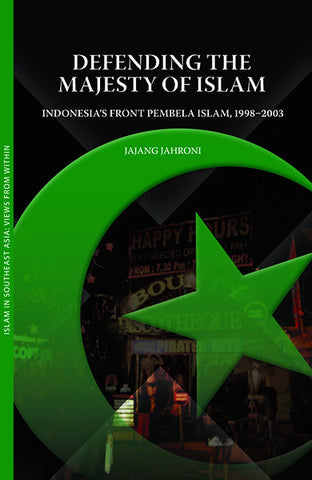
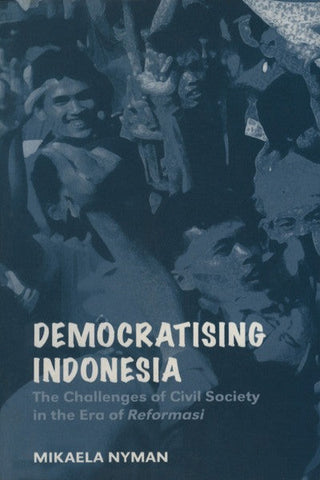
Share this item: